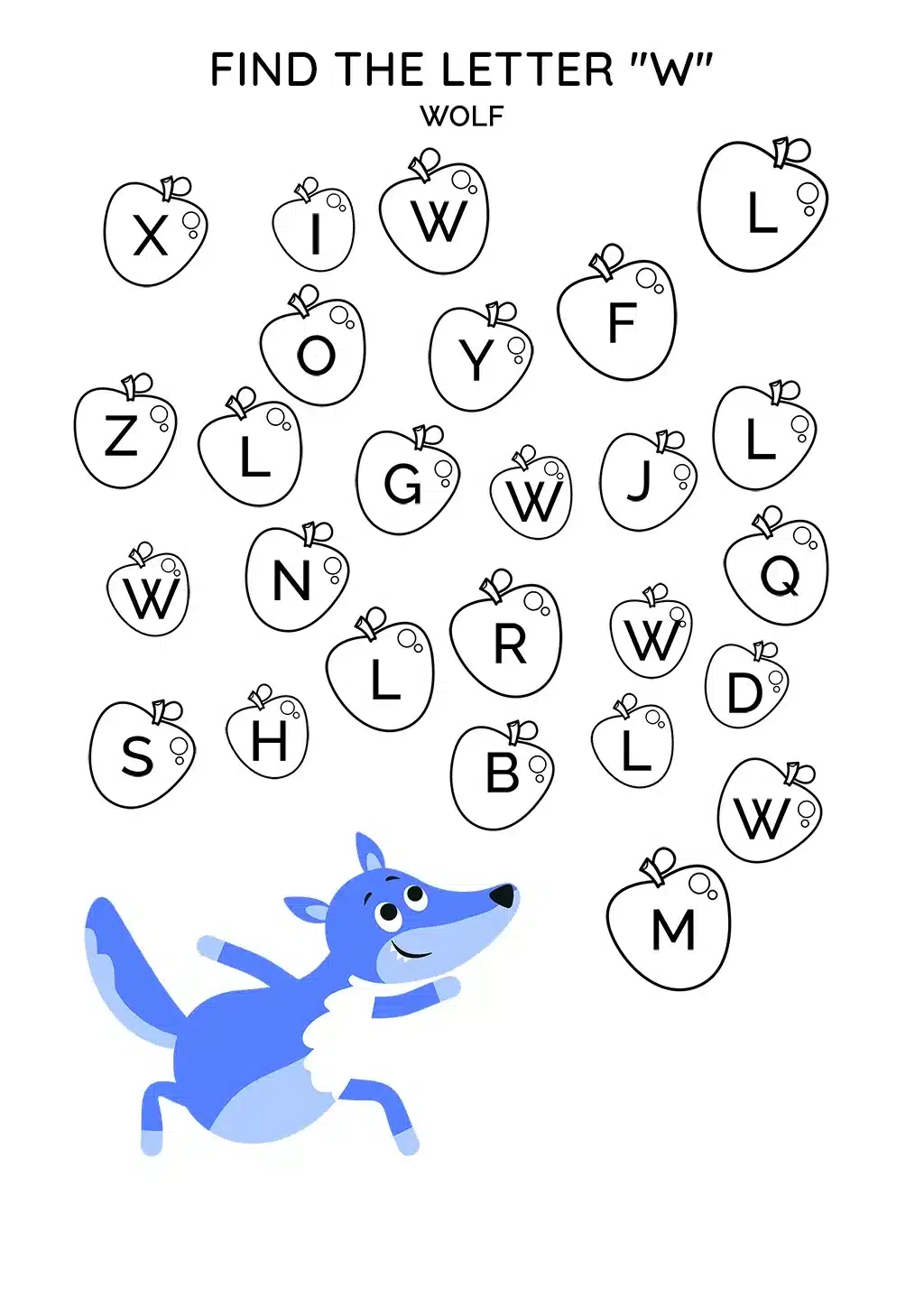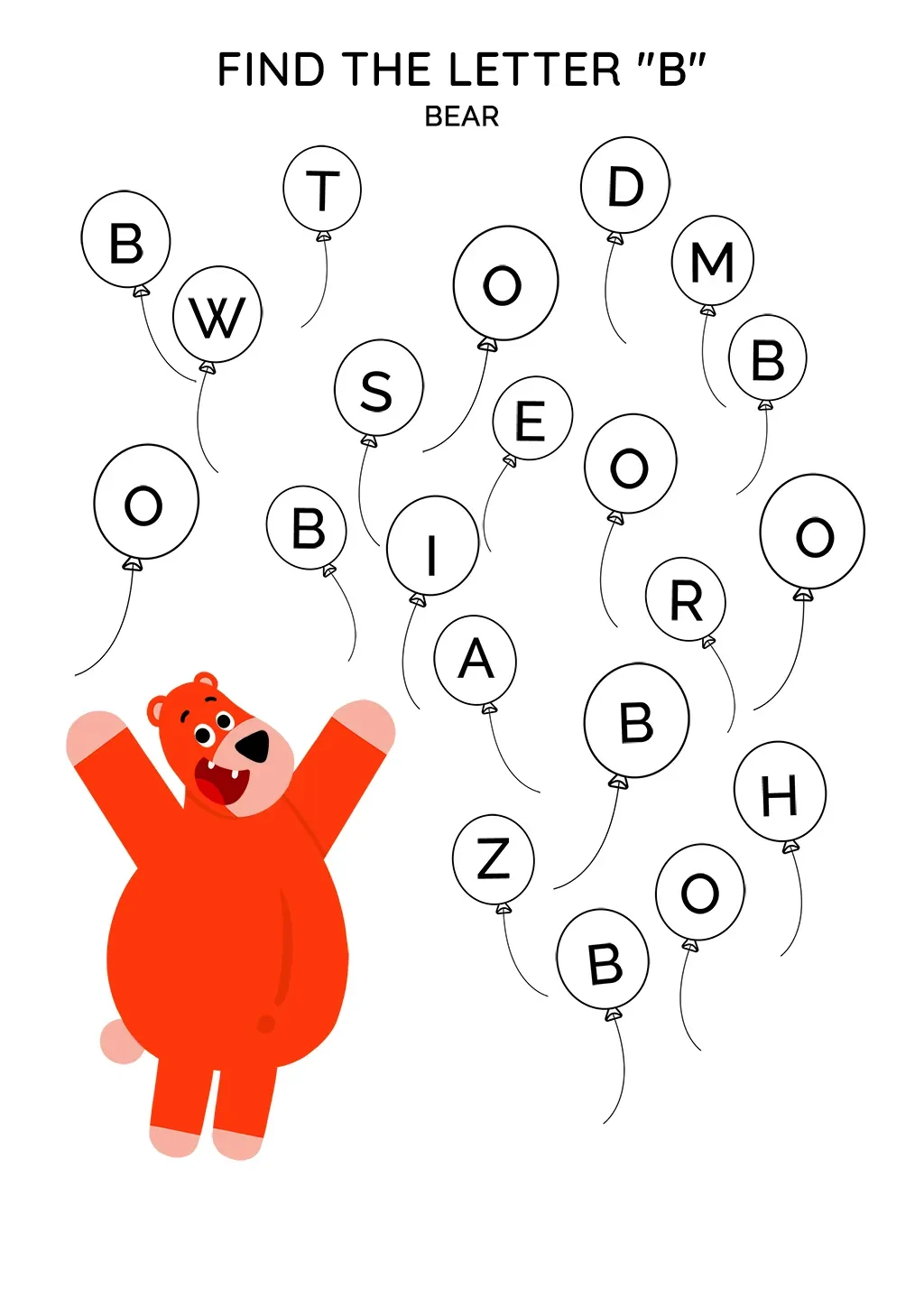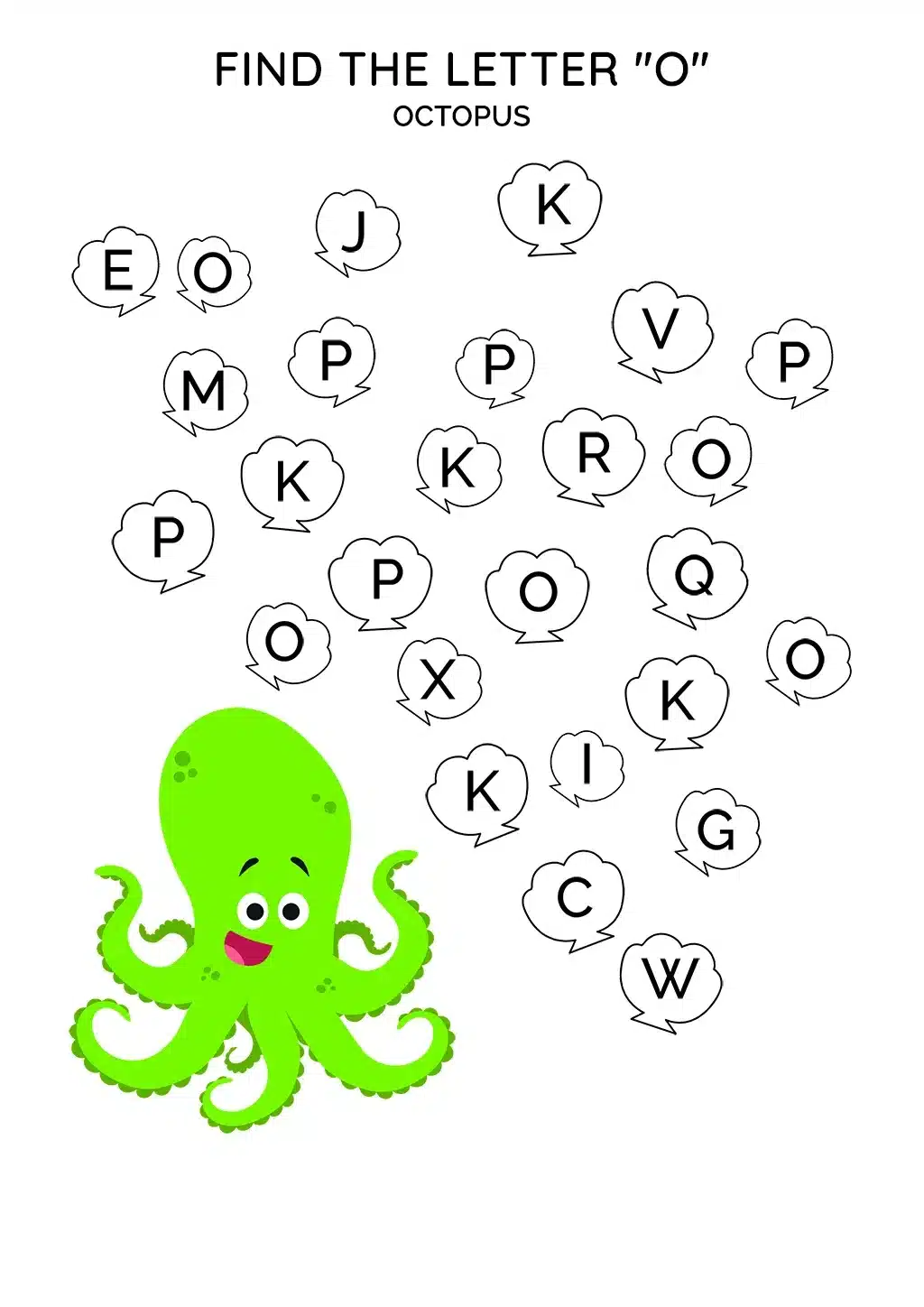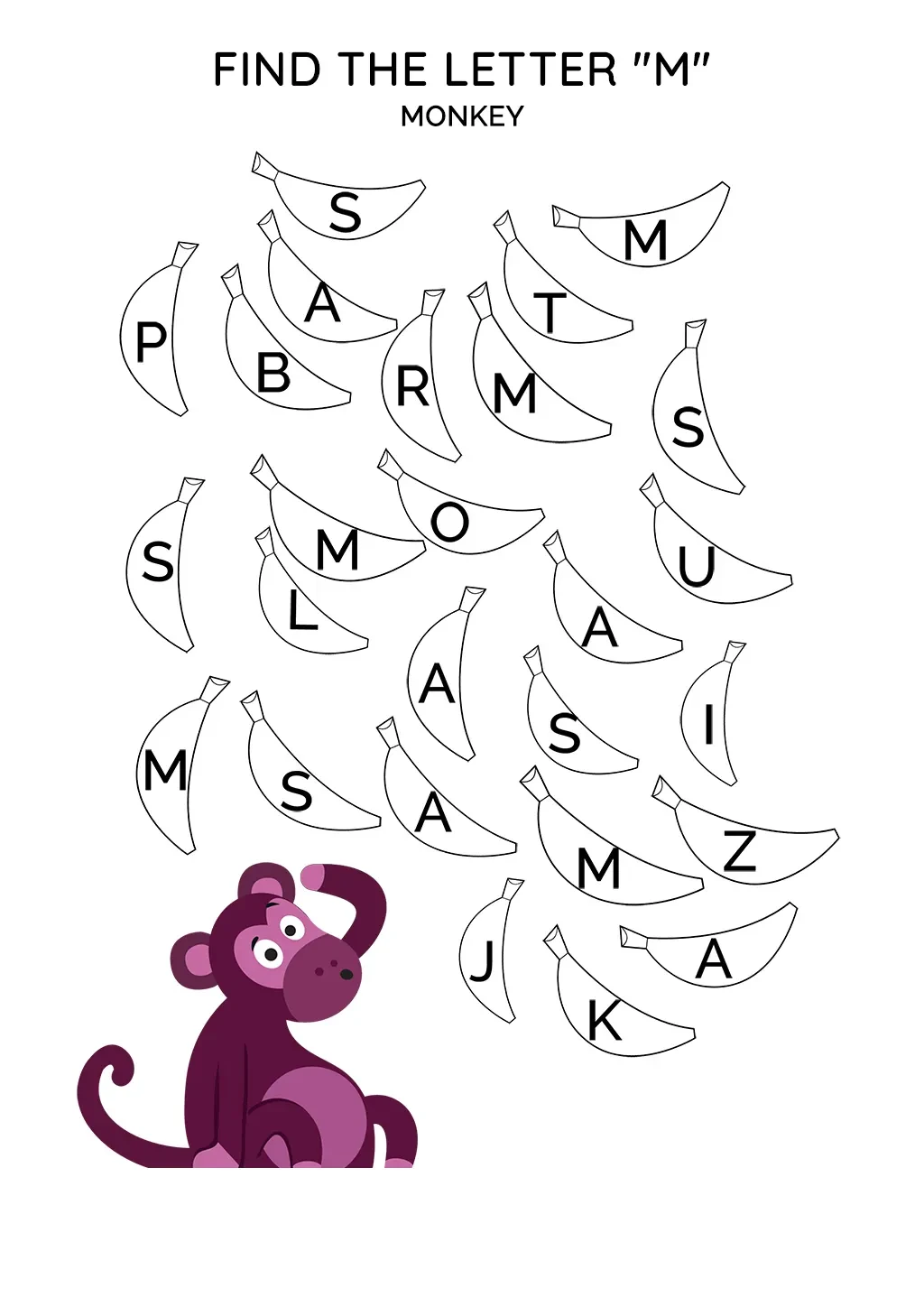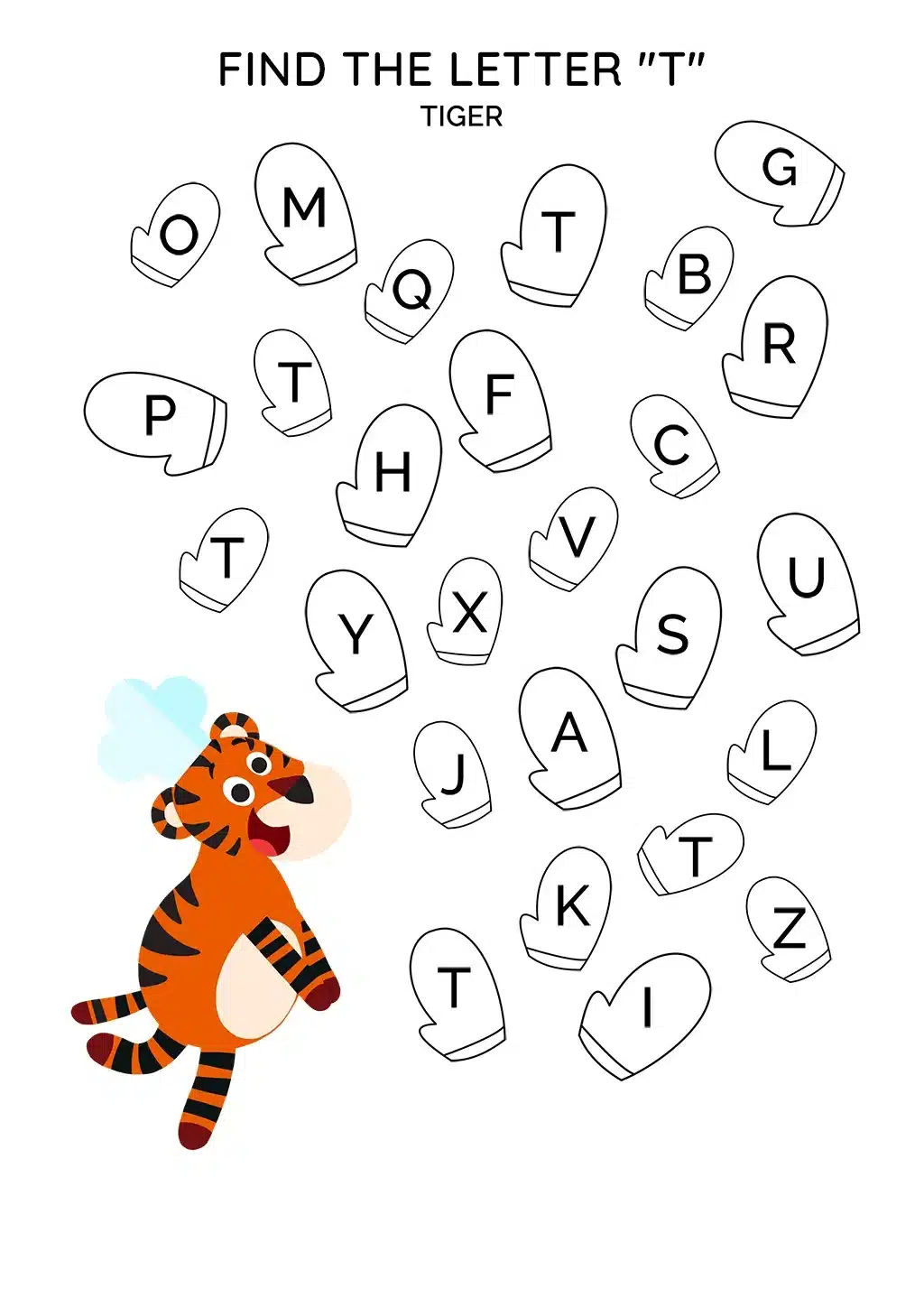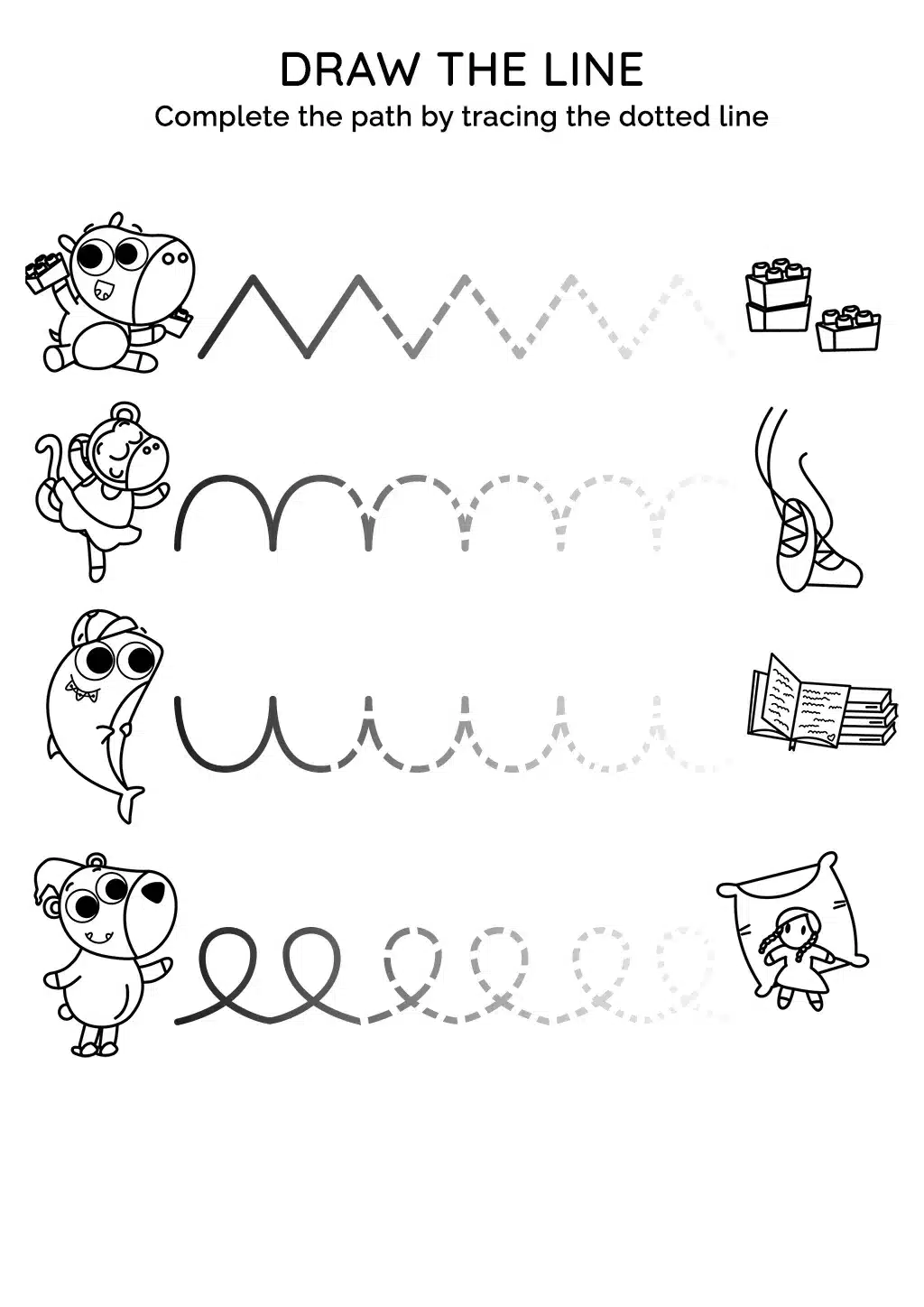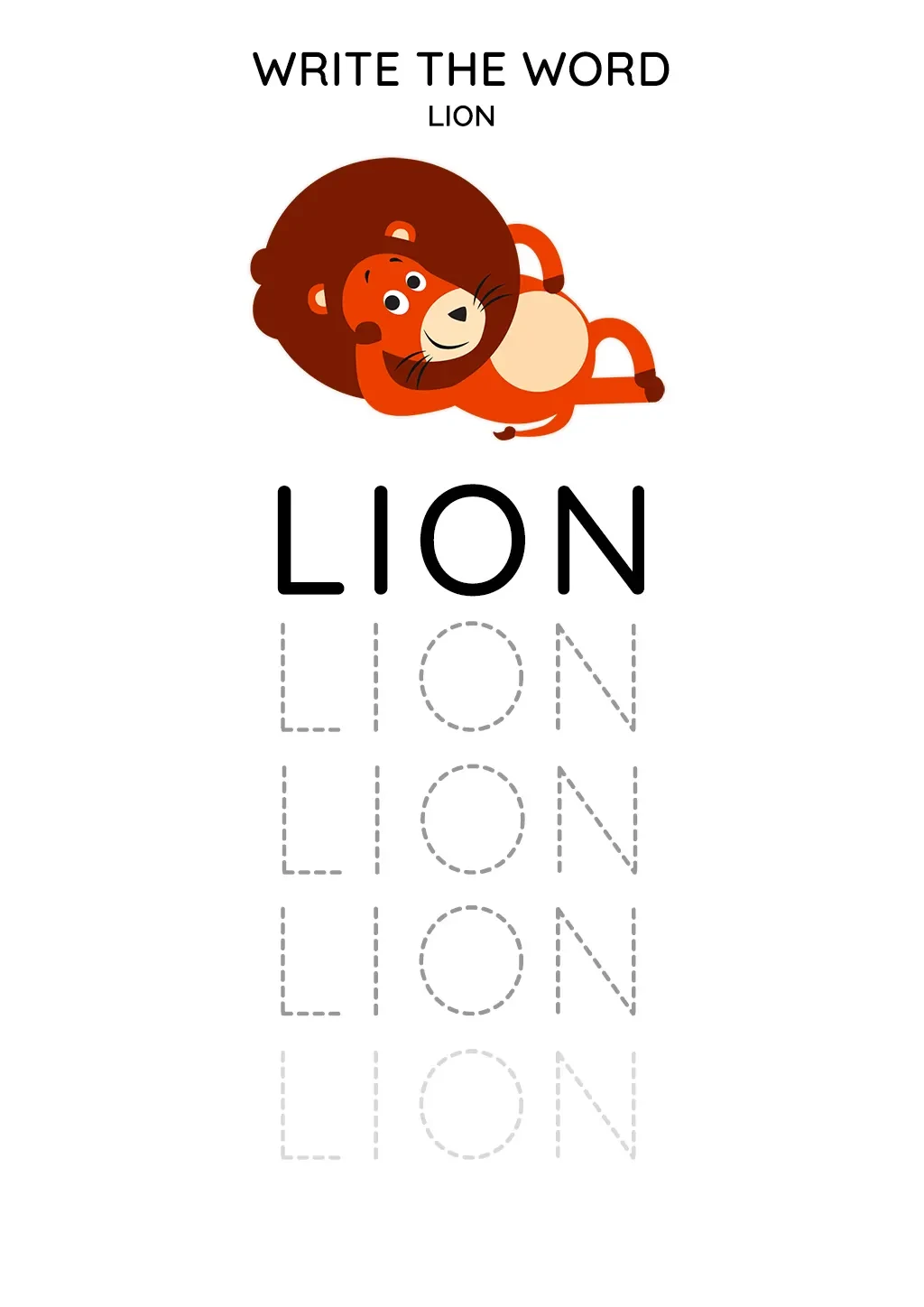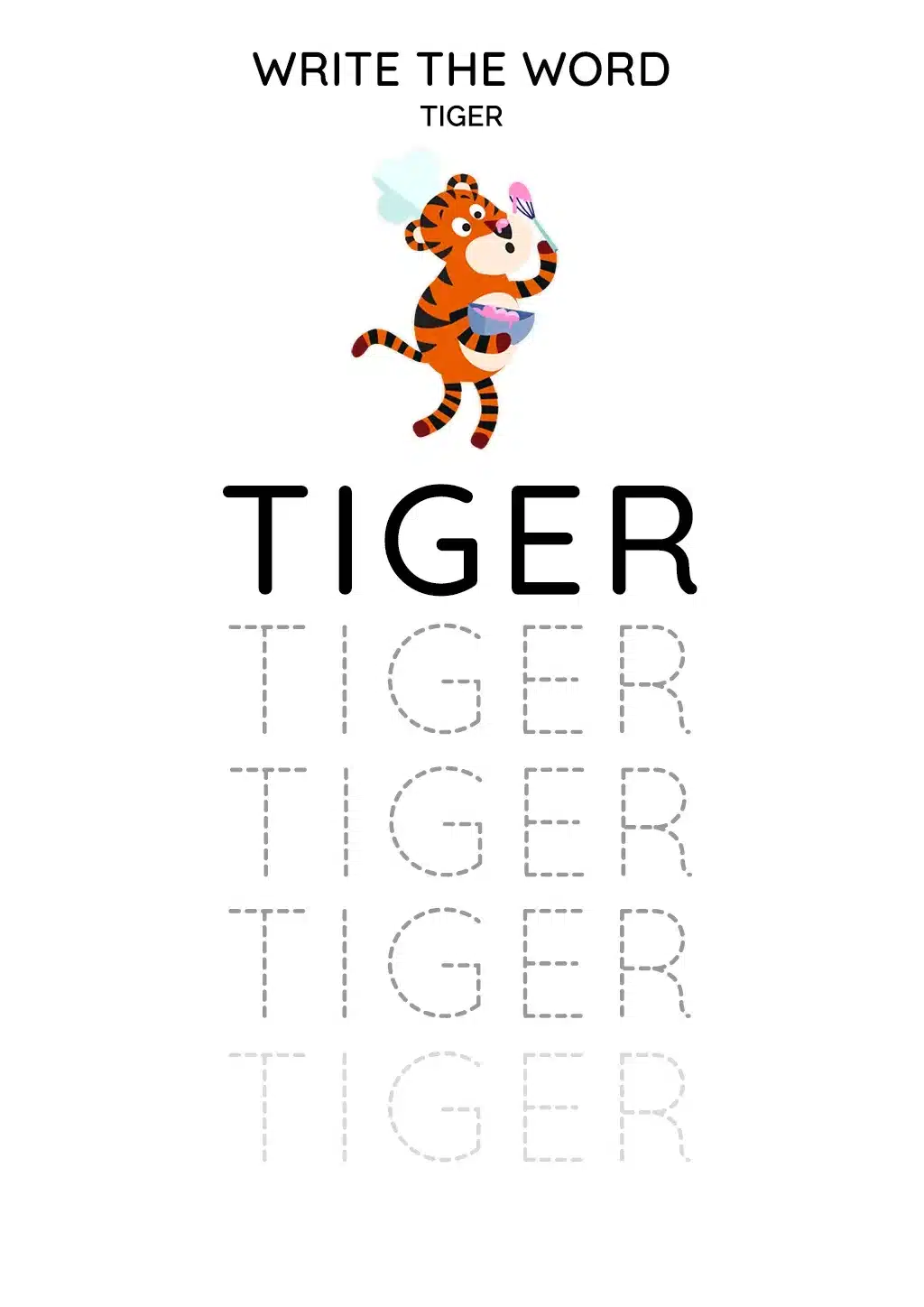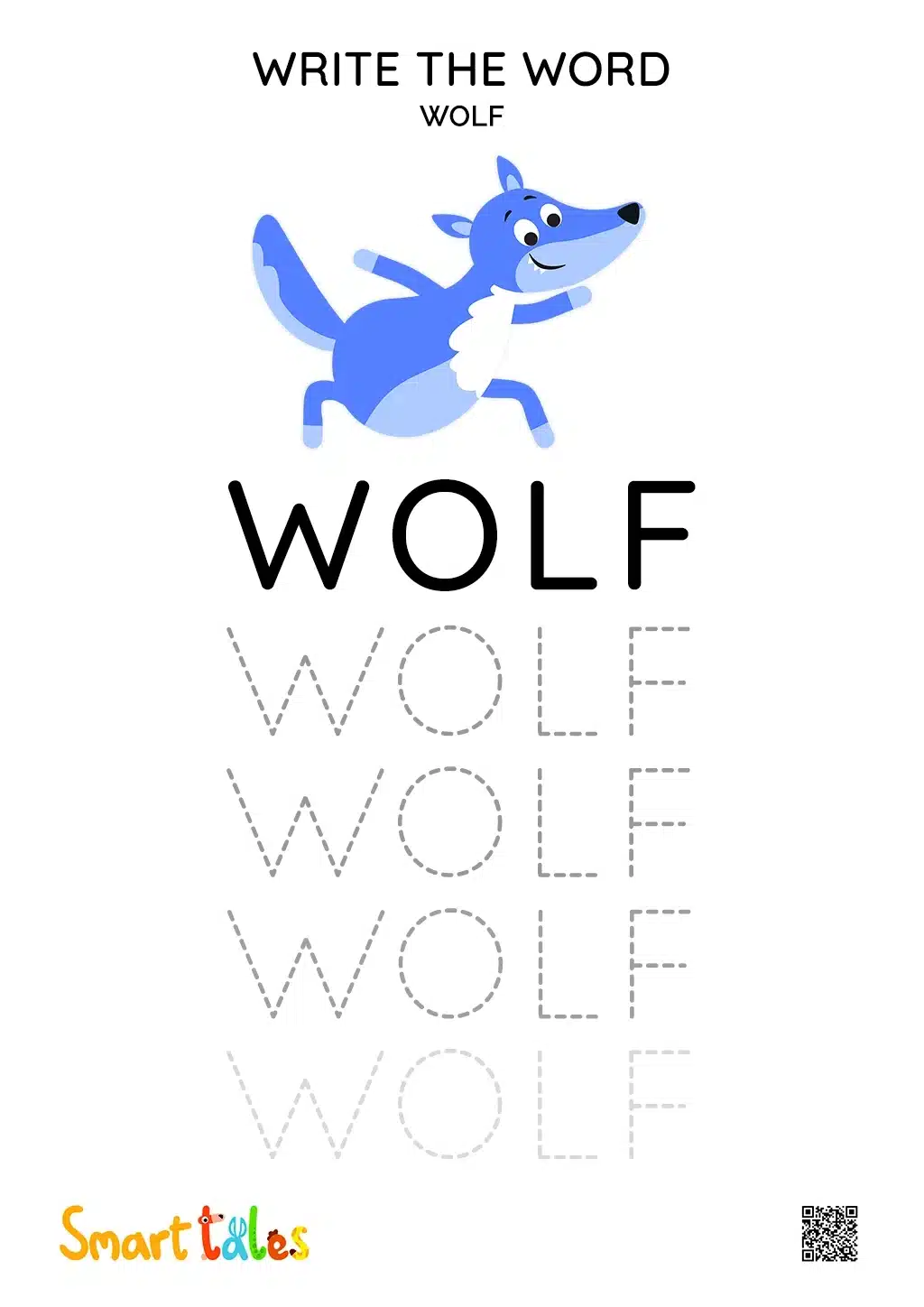Language development is an exciting journey in a child’s early years. It plays a vital role in their cognitive and social growth, paving the way for effective communication and literacy skills. Understanding the milestones of language development can help parents and educators support children in their language journey. In this article, we will explore the timeline of when children typically say their first words, the process of tracing words, and important language development milestones to look out for.
The emergence of a child’s first words is a significant milestone. While every child develops at their own pace, most children begin to say their first words between 10 and 14 months of age. However, it is essential to note that the range can vary. Initially, their first words may be simple single syllables, such as “mama” or “dada,” often used to refer to their parents. These early words are usually associated with people or objects that hold importance in their daily lives.</p> <p>As children continue to grow and develop, their vocabulary expands, and they start combining words to form short phrases and sentences. By the age of 2, most children can understand and use a variety of words to express their needs, wants, and emotions. This stage also marks the development of basic grammar skills, such as using plurals and verb tenses.
Language development follows a sequential pattern, with children achieving specific milestones along the way. Here are some important language development milestones to observe:
Smart Tales stories are designed to stimulate children’s listening and comprehension skills. Reading and listening to stories is a great way to learn new words and phrases, and Smart Tales stories are crafted to make this process fun and engaging.
In the vast array of interactive and educational games within the Smart Tales app, your child or student can embark on an exciting journey of language development. Engage their curiosity and enhance their language skills with entertaining games that encourage vocabulary expansion, sentence formation, and comprehension.
Through the carefully designed and curated educational worksheets of Smart Tales, created with care and attention by experts in pedagogical education, your child or student can practice and reinforce language development skills. Discover a range of printable worksheets that focus on vocabulary building, sentence formation, and comprehension.
Language development is a remarkable process that unfolds in stages, with each milestone contributing to a child’s growing communication skills. By understanding the timeline of language development and providing engaging resources like stories, games, and educational worksheets, parents and educators can nurture and support children’s language journey. Encourage exploration, conversation, and a love for words to foster lifelong communication and literacy skills.


